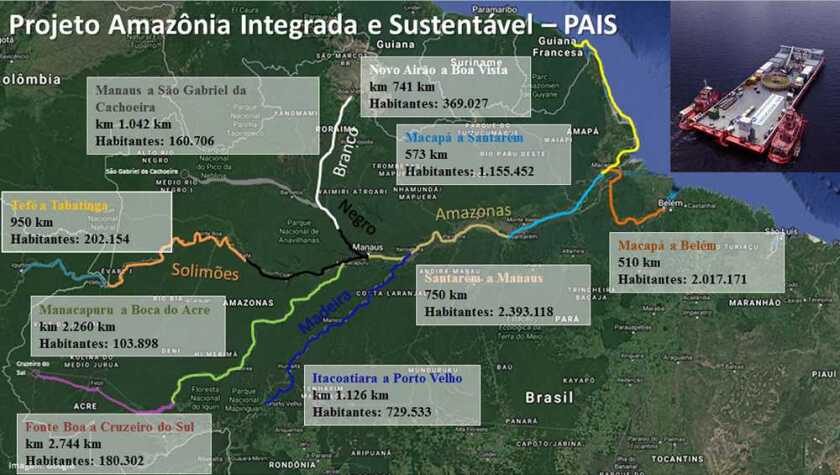Among the measures, the auction of 5G-related radiofrequency bands will be held in the last quarter of 2020 by Anatel and is considered to be the largest spectrum auction in the world so far.
Licenses for the 700 MHz, 2.3 GHz, 3.5 GHz and 26 GHz bands will be made available.
To facilitate telecommunications infrastructure deployment, the Federal Government is preparing the regulation of the Antennas Law, which will be published in 2020.
Among other measures, the new regulation will provide for a “deemed granted” rule for municipal infrastructure deployment permit requests that are not answered after a pre-established period of time, as well as establish a permit waiver for small-sized equipment.
There was a recent reform of the Brazilian General Telecommunications Law that is set to allow the migration of the current fixed telephony concessions to the authorisation regime, which has a lighter institutional framework.
This will allow the current fixed telephony infrastructure, which has been maintained by contractual force, to be replaced by modern broadband networks.
Secretary of Telecommunications of Brazil, Vitor Menezes said that the investments must occur by ten years.
The connected North
The Brazilian Ministry of Science, Technology, Innovations and Communications coordinated an inter-ministerial project that aims to bring fibre optics to underserved cities and towns in the Northern Region.
This is the Integrated and Sustainable Amazon Project (PAIS). PAIS' goal is to launch 5,000 km of sub-fluvial cables across the Amazon River and its main tributaries, according to government official.
“The project is carried out by the National Education and Research Network and, in addition to providing an unprecedented capacity to the private initiative in the region, benefiting a population of 9.5 million people; it will provide services to 2,200 urban public schools (1.7 million students) and 9,400 basic health units or hospitals,” added Menezes.
“The first segment to be implemented will be between Macapá (AP) and Santarém (PA), at a cost of roughly $9 million, and will have 570 km.
“Riverbed studies have already started and the implementation should be completed by November 2020. The next stretches will reach the states of Amazonas, Porto Velho, Roraima and Acre, covering numerous small towns and cities.”





